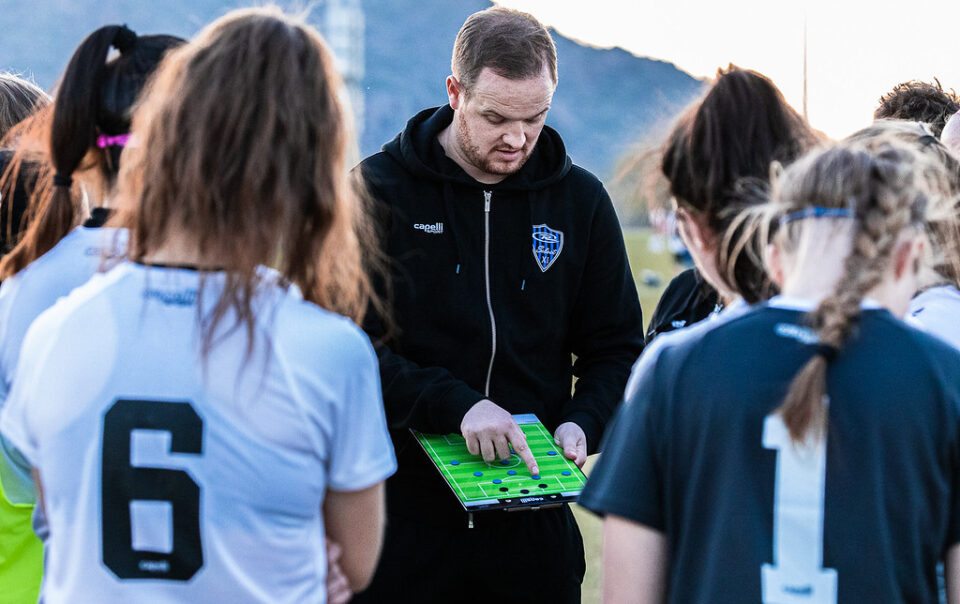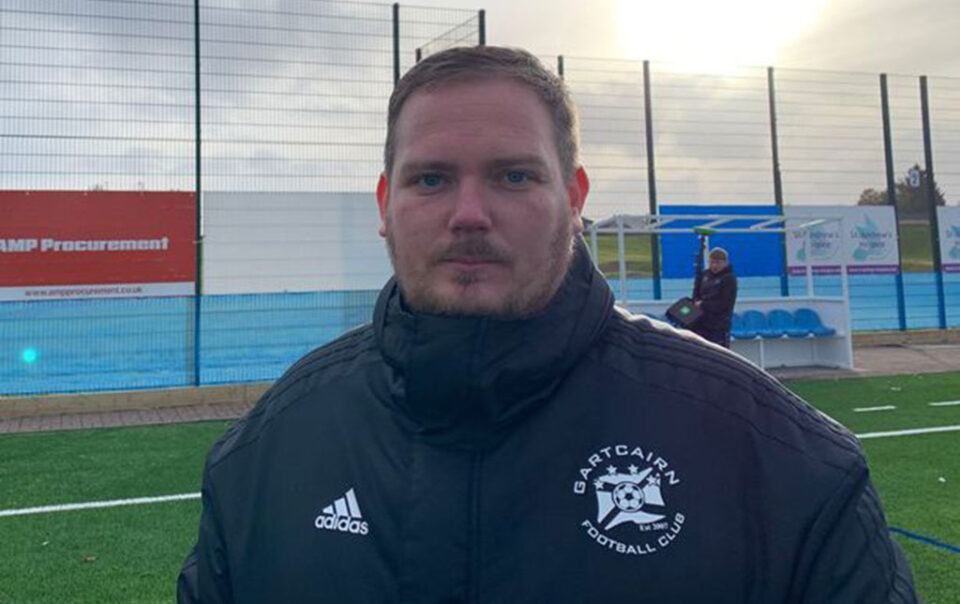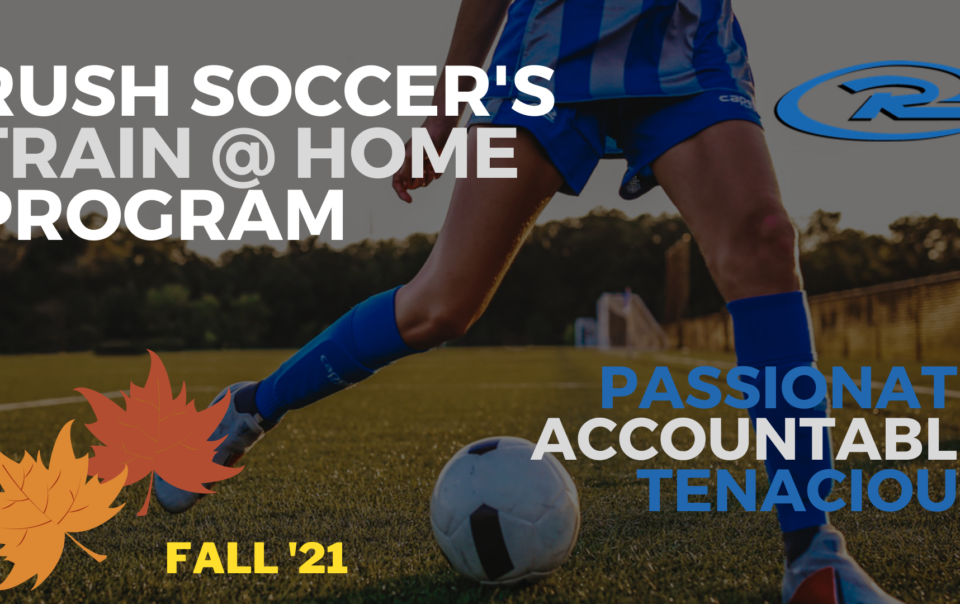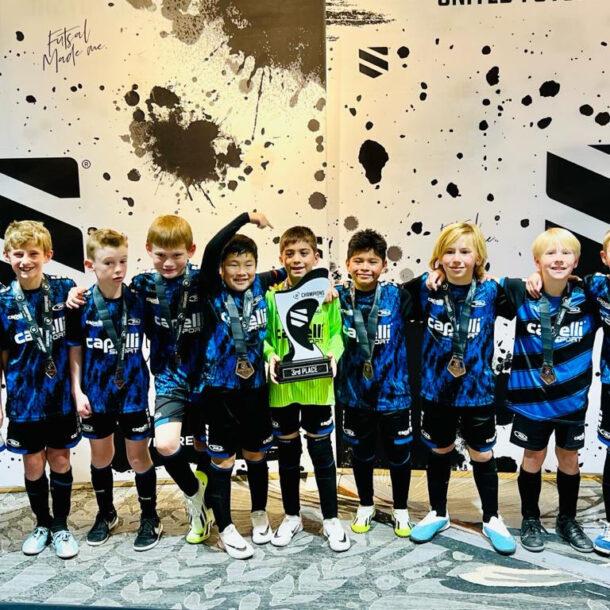
This post was written by Pablo Toledo, Rush Soccer’s Sporting Project Director.
There are phrases that we continuously repeat as grassroots / youth coaches. Two that I hear constantly are:
- It is very different to coach youth than to coach adults / performance stages.
- Our job is to develop players, not to win games.
Both statements are correct and relate to each other. However, it is my impression that a large population of coaches actually can’t really explain or visualize the difference and the impact of such fundamental cornerstones.
It is very different to coach youth than to coach adults / performance stages. Ok, but how? And why?
Beyond the obvious biological factors, I think the answer is already suggested in the statement. It is very different because we have different objectives! If you were working with a professional team, the objective is to win, but if you’re working with a youth team, the objective is to develop players, and that has deep consequences in the way you organize and prioritize things. In the post Do We Want To Perform Or To Learn? Is There A Difference?, we deepen in the difference between performance and learning and offer parents some tips on how a club that aims to develop players behaves in comparison to a club that’s geared towards simply trying to win on Saturday.
Once again, I think we all repeat this and it seems obvious, but many struggle to actually perceive concrete differences in how training and club dynamics are approached based on it. Let me ask you some questions below to exemplify. Try to answer them by thinking “What would I do if winning on Saturday is the goal, and what would I do if developing players is the goal?”.
- How would you manage playing time?
- What’s your job as the coach during a game? What are you there for as the coach or what should you focus your attention on?
- What league level should my team play?
- Should I allow players to play up?
As said before, your responses to these questions and consequently (and hopefully) the way you apply these in your local environment mark the difference between a club that aims to develop players and a club that’s geared towards performance.
Let’s go one by one now:
Playing time:
- Winning Focus: Play the best player.
- Development Focus: Equal playing time along the season.
The coach’s role during games:
- Winning Focus: Purely to help my team win the game.
- Development Focus: To help the team while observing if learning from topics trained is taking place in competition.
League level:
- Winning Focus: The one in which we can challenge for the title.
- Development Focus: The one that provides the right level of challenge for the players.
Playing Up:
- Winning Focus: No, we need our best players to win on Saturday.
- Development Focus: Play up, the player comes first, even if that’s detrimental to the team. We need to place him/her in the environment that will make him/her grow the most and the fastest.
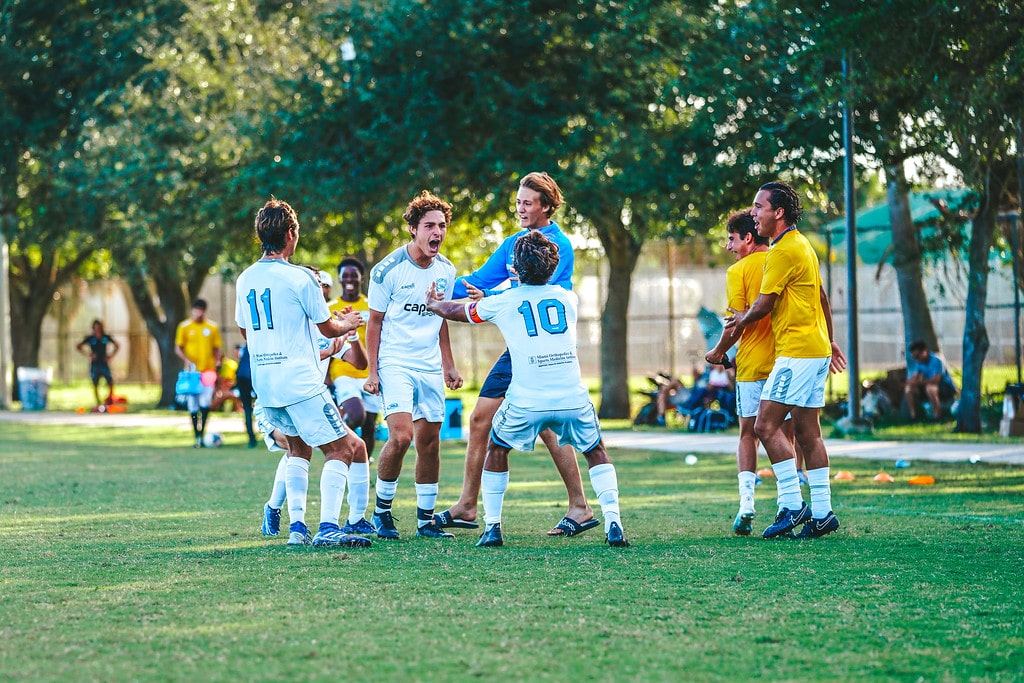
Now you see, to say that we are here to develop players has deep implications in how we coach and the decisions that we make. The problem typically comes from thinking that this is developing vs winning when it’s actually not. It would be ridiculous to expect or encourage a player to not focus on winning or try to ‘ease their competitiveness’. Players are competitive, and we like that, in fact we encourage them to be and we see it as a key psychological trait of a Rush player, we want them to always want to win! But as a coach or a director it is on you to look at the big picture and make decisions that go beyond the immediate result. Games are purely another learning instance in your week. A test in which we should try to identify if the topics trained are transferring to the real game. Is the player getting better? In your rondo 5v2 on Tuesday he/she was doing it really right, but is he/she being able to do it in the real game? That simple question can guide your thinking. In other words, if the players are developing, if they’re improving. The more they improve, the more they’ll win naturally. Winning, just like losing and tying, should sustain a balance as we’ll explain later.
Let me tell you one more thing if you’re still not convinced about this:
Gonzalo ‘Pipita’ Higuain is one of the most successful strikers of the last decade, he has been named to the Serie A Team of the Year three times, UEFA Europa League Squad of the Season twice and Juventus Player of the Year twice. He also holds the record for most goals scored in a single Serie A season with 36, among many, many other trophies and individual awards. Now, do you know how many leagues he won during his teenage years as a youth player of River Plate? None.
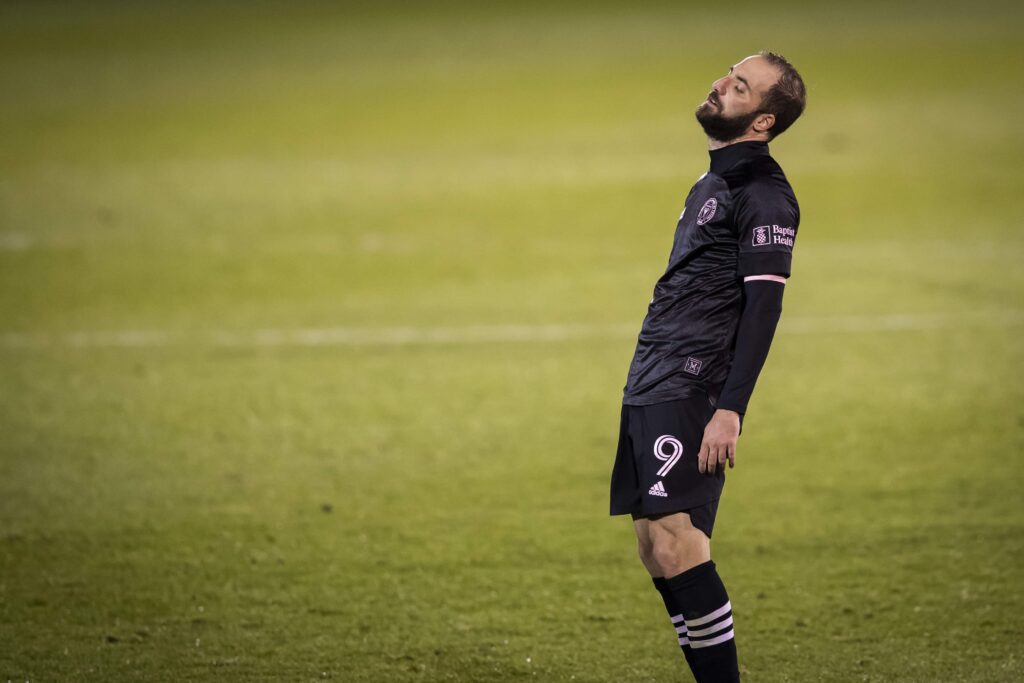
Do you know how many leagues Messi, or Ronaldo, or Neymar, or Mbappe won growing up? You probably don’t know. Neither do I, and you know why both you and I and most people don’t know it? Because it doesn’t matter. The world is full of youth soccer champions that never broke into the pros.
I frequently exemplify the topic with this almost absurd, extreme example. I ask coaches to picture themselves working at Real Madrid and talking to Carlo Ancelotti, the head coach, who’s in need of a center back and wants to give first priority to a player from ‘la cantera’ (the youth divisions), so you as the head of youth development send an 18 year old player to practice with Carlo and the first team on Wednesday. Carlo comes back furious at you after training, openly yelling that the center back you sent is, as a footballer, pretty much a disgrace. Carlo goes: “This guy was a disaster, he missed 90% of the passes playing out of the back, all he does on the ball is boot it forward and hope for the best! He’ll never play professionally like that!”, to what you respond: “Carlo, what happens is that he grew up playing on a team that we thought was not as technical as others, but we had a very fast forward, an early developer, now he’s not that fast anymore in comparison to others, so from 13 to 17 we had that team fold back and play long as soon as possible, we knew that eventually the fast forward was going to score one like that, but Carlo, hey, this guy’s team won the league at U14, 15’s, and 16’s!”.
Does it sound and look familiar to what we frequently see at the fields on Saturday? That’s how ridiculous youth divisions can be.
Rush Soccer is a club that aims to develop players and so The Rush Way 6-3-1 philosophy is one of the tools we use to ensure and measure this. ‘6-3-1’ represents a target record for our teams over a sample of 10 games: 6 wins, 3 losses, and 1 tie, so if you’re wondering right now if we want our players to lose, the answer is yes, but don’t misunderstand it please. We would never encourage our players to lose, nor start scoring ‘own goals’ because we’ve been winning too much (to state what should be obvious). The value of the 6-3-1 philosophy, in my opinion, relies over three factors:
- The 6-3-1 philosophy offers a benchmark of the level of competition. It is fundamental to understand, as a coach, that if your team has lost 9 out of the last 10 games, you have a problem. Now, if you’ve won 9 out of the last 10 games, you also have a big problem because the level of challenge is too low. We need to find stronger competition.
- It places the focus in the long run. If there’s one obstacle we need to sort out as youth coaches (and frequently parents) is our own ego. This is not about us, it’s about helping the players develop and succeed. We are part of a 12 years process in which all of us, the coaching staff, need to work together for the success of these players. When one of them strives at the end of the road, we all win.
- It highlights the importance of experiencing the joy of winning as well as the sadness of losing. These experiences are important to develop growth mindsets!
A few years ago I got together with Tim Schulz, the President of Rush Soccer and the person that conceptualized the 6-3-1 philosophy. In the podcast below, he expresses his opinion on the 6-3-1 philosophy.
“I think it’s what a youth coach should try to accomplish. 70 games aligned with the 6-3-1 philosophy. Now, coaches think ‘how do i do it? My team is bad and I’m struggling to help them win’ and the answer is go search for lower level competition, have them play against a recreational team if that gets them a win under their belts, and vice versa, if you’ve just won 10 games in a row I’ll think you’re not really good coach either, find stronger competition, these kids need to be challenged and learn how to lose”.
Tim Schulz.
Do you apply the 6-3-1 in your club and team? Do you actively assess and measure team records?


